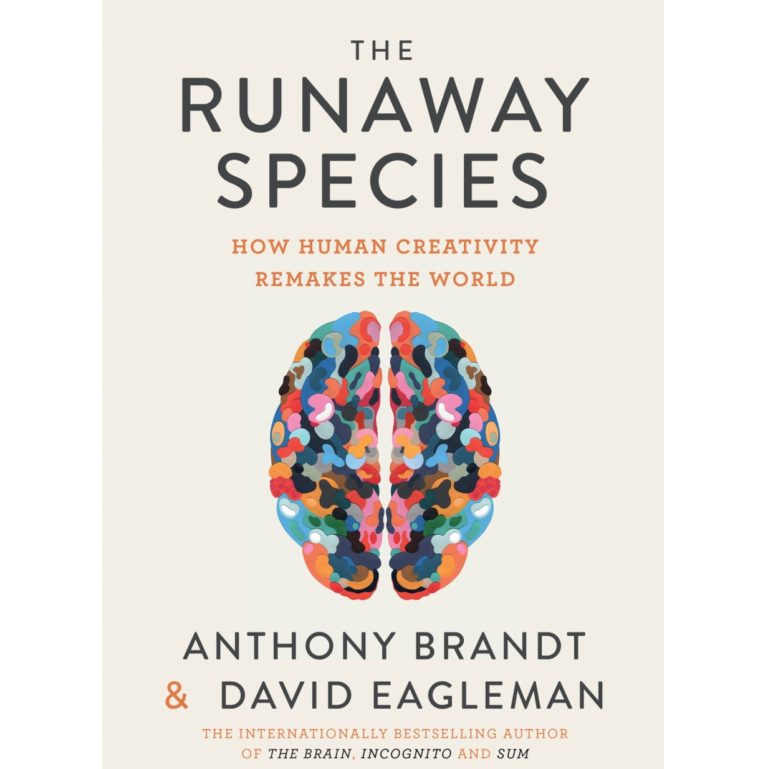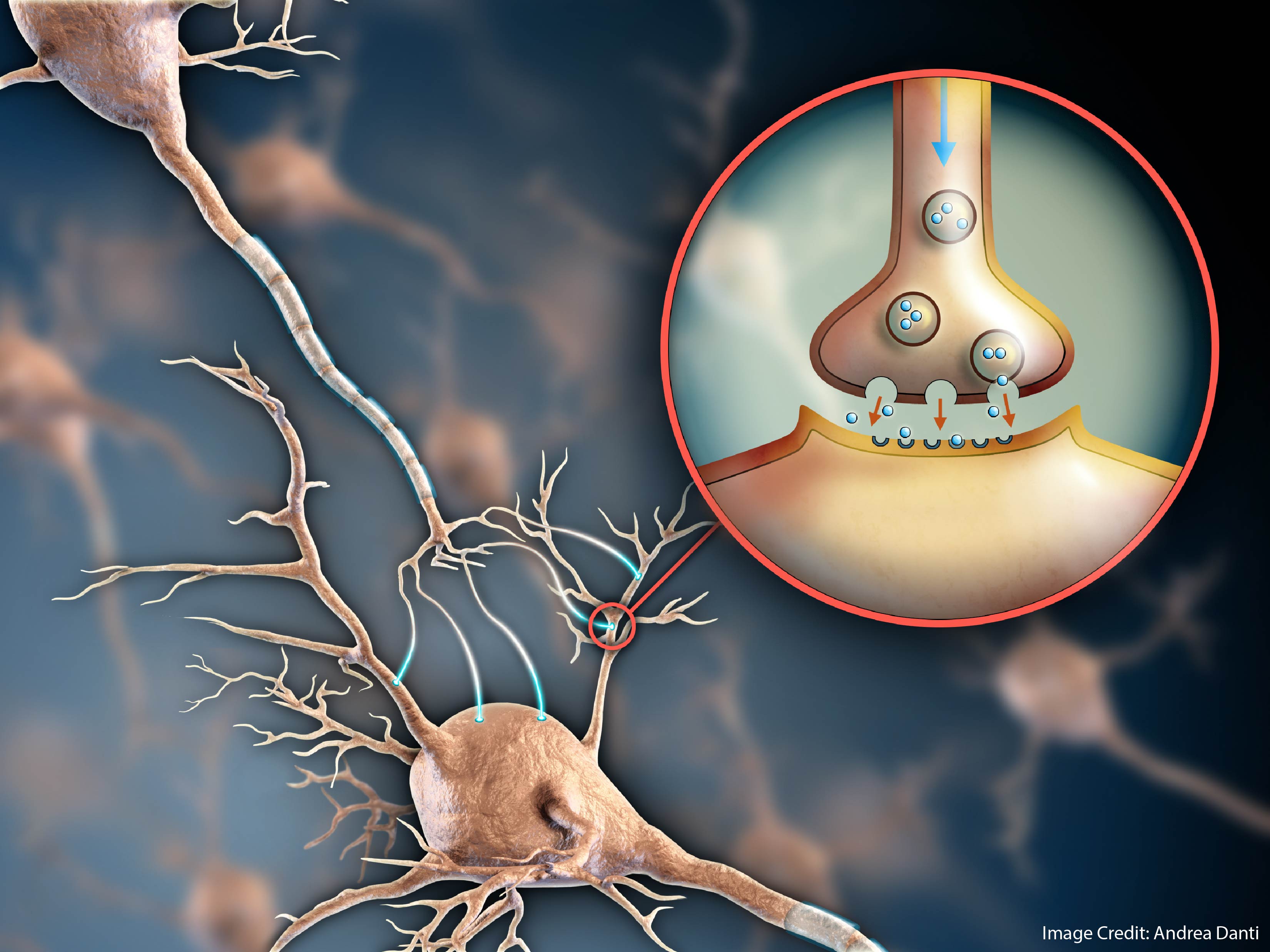Tags
ADHD adolescence attention autism book review boundary conditions classroom advice conference speakers constructivism/direct instruction creativity desirable difficulty development dual coding elementary school embodied cognition emotion evolution exercise experts and novices gender high school homework intelligence long-term memory math methodology middle school mind-wandering mindfulness Mindset motivation neuromyths neuroscience online learning parents psychology reading retrieval practice self-control skepticism sleep STEM stress technology working memoryRecent Comments
- Nerd Alert: Focusing on Definitions |Education & Teacher Conferences on The Goldilocks Map by Andrew Watson
- How to Use Command Terms Effectively in IB Exams - IB | ++tutors on Practical Advice for Students: How to Make Good Flashcards
- How to Reduce Mind-Wandering During Class |Education & Teacher Conferences on Questions, Questions (First of a Series)
- Transforming Notes To Flashcards: Effective Study Techniques For Better Retention - 2024 on Practical Advice for Students: How to Make Good Flashcards
- Homepage on The Limitations of Retrieval Practice (Yes, You Read That Right)
ABOUT THE BLOG
Monthly Archives: January 2018

TOP RESEARCHERS TO EXPLORE THE BRAIN SCIENCE OF INNOVATION, CREATIVITY,...
MEDIA ADVISORY January 29, 2017 Contact: Kristin Dunay (781)-449-4010 x 104 [email protected] THE SCIENCE…
Posted in News
Leave a comment
That Book You Were Just Reading…What Was It About?
If you read piles of books, you’re much less likely to remember the specifics of each one. The same holds true if you binge-watch This is Us or Mr. Robot. Or power your way through three movies in an afternoon. Continue reading

Military Parents Serving Overseas: What Happens To The Children?
A parent’s absence because of deployment does affect their children’s learning. Specifically, deployment itself brings down standardized test scores 0.42%; each additional month prompts and additional 0.11% reduction. The averages are slightly higher in math and science, and lower in reading in social sciences and reading. Continue reading

Beware: Too Much Structure Hinders Creativity (for Experts)
Research shows that too much structure hinders creativity, whereas less-structured information allows more imaginative flexibility. Nonetheless, beginners do need structure to learn new skills. Continue reading

A Bilingual Advantage in New Language Acquisition?
Neuroscience research suggests a bilingual advantage for learning a new language. The the debate about the benefits of bilingual education continues… Continue reading

Growth Mindsets Help All Subgroups Learn
A Growth Mindset gives a student the equivalent of an extra month in school. This benefit helps all students–including those in SPED, ELL, and disadvantaged minorities. Continue reading

Surprise! Less Oxytocin Might Improve Social Interaction
A potential downside to oxytocin: it might harm social interactions. This specific research finding offers teachers a general reminder: be skeptical of simplistic teaching advice based on hormones. Continue reading

The Runaway Species: How Human Creativity Remakes the World by...
Humans are driven to create and innovate. In fact, this drive is what fuels our…
Posted in Book Reviews
Leave a comment

Improve Your Understanding of Neuron Essentials
You’ve heard a lot of information about neurons at the Learning and the Brain conferences that you attend; perhaps a quick review would be helpful to consolidate your learning? Continue reading
![AdobeStock_121864954 [Converted]_Credit](https://www.learningandthebrain.com/blog/wp-content/uploads/2018/01/AdobeStock_121864954-Converted_Credit.jpg)
Don’t Be Fooled by the Learning Pyramid Myth
The problem with the pyramid is not merely that it’s inaccurate, but that it’s incoherent.
The important lesson here goes beyond “always check the sources.” Instead, the point is “always check specific claims.”
Continue reading
